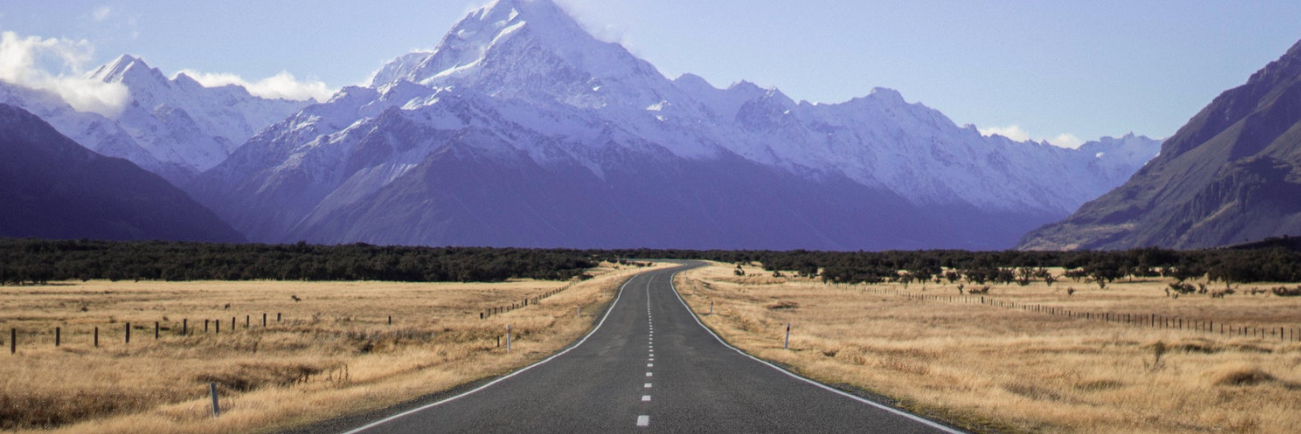Is our population in New Zealand at the “right” level?
OPINION: The question posed is really that of what population policy New Zealand should have or even more basically whether we should have any policy at all.
 For many people “population policy” is a dirty phrase because it could lead to, or be a cover for, practices such as unacceptable state sponsored discrimination. But in reality, we do have a population policy, whether we like it or not. It’s just that at present it is implicit rather than explicit. At present, the population policy is that population is just the sum of net natural births and deaths plus nett immigration including refugees. Most of the explicit policy is in the immigration area because that is the biggest variable and the drivers of immigration are very much related to the qualities of the individual, e.g. do they have skills we are short of or possess other minimum attributes? Rather than to any idea of how big the population should be.
For many people “population policy” is a dirty phrase because it could lead to, or be a cover for, practices such as unacceptable state sponsored discrimination. But in reality, we do have a population policy, whether we like it or not. It’s just that at present it is implicit rather than explicit. At present, the population policy is that population is just the sum of net natural births and deaths plus nett immigration including refugees. Most of the explicit policy is in the immigration area because that is the biggest variable and the drivers of immigration are very much related to the qualities of the individual, e.g. do they have skills we are short of or possess other minimum attributes? Rather than to any idea of how big the population should be.
To put things in perspective NZ has a population of about 5 million and has about the same land area as Britain that has a population of about 60 million. And it is not as if those 60 million were crawling over each over to find space. One of the surprises that greet visitors to Britain is just how much countryside there is and how quickly (London excepted) it is possible to travel from town to country. The big difference is that the countryside in Britain is actually mostly developed i.e. is like a large tamed garden, except for unwanted areas like the moorlands and I think also much of the North of Scotland.
New Zealand is the complete opposite. Because we live with it, I don’t think many New Zealanders appreciate just how big and empty New Zealand really is. Apart from urban and farmed areas, the majority of our land area is untamed wilderness in which it is very easy to get lost. There are cases of people who have taken just a few steps into the natural bush and never found their way out again. Even some of the larger extensive farms are very close to being untamed. In terms of total area, we could double our population and not even notice the difference in terms of decreasing the untamed parts of the country.

Some would say ‘why have a population policy – just let things develop naturally’ which would probably means a gradual growth in the population but in fits-and-starts reflecting changes in immigration policy. That is pretty much what we have at present, i.e. a largely reactive approach which is mainly based on immigration.
A more explicit policy would start to place limits or targets on numbers and types of people and would tie immigration particularly into the policy as a whole much more explicitly. An explicit policy would also address the different ways in which the population could grow or be constrained.
At one extreme, the policy could put a relatively low limit on how big we wanted to be. The argument could be that New Zealand is doing just fine as it is and we should prevent it changing too much from where it is. We like it this way!
At the other extreme the policy could set out to aggressively grow the population, to create more viable internal markets for what we produce and to give New Zealand a more powerful seat at the table in discussions amongst the developed nations, on trade, defence and may be other things as well. An aggressive policy would lower the barriers to immigration entry or even actively encourage immigration with incentives, and would also affect other policy areas such as industry development. We could deliberately strive to be world leaders in non-agricultural areas and grow population to the point where the internal cost of achieving this would be supportable.
In-between these extremes there are an infinite number of possibilities.
One of the dangers of having an explicit population policy is that it creates scope for moulding the population in a way that many would find unacceptable. However, that risk exists with immigration policy anyway so I am not sure the risk is any greater with an integrated population policy.
Personally, I think that New Zealand has ample scope for moderate growth and that the country would benefit both culturally and economically from having a larger and more diverse population.
I think we should have at least a framework for thinking about the future population and investigating the implications of different approaches. However, the framework would be more about the components that drive population size and diversity and how they are set, rather than being a means of setting population policy. That approach minimises some of the risk of having a very explicit population policy. That does not prevent policy being set for components such as immigration and I would favour being more explicit about what we want than the current very reactive approach.
By Bas Walker
This is another of Bas Walker’s posts on GrownUps. Please look out for his articles, containing his Beachside Ponderings.









TailsNZ - 7 years ago
the real population dilemma is global. we basically have to many people and the number is growing out of control. no one is willing to tackle the hard fact that as a species we have become a parasite out of control and unless our numbers are drastically culled it bodes ill for the future.